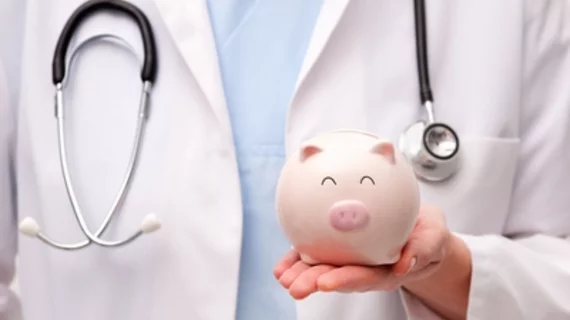Why the country’s largest public healthcare system is investing $224M to revamp its imaging strategy
NYC Health + Hospitals announced Wednesday, Oct. 9, it plans to invest nearly a quarter of $1 billion to upgrade its imaging capabilities, hoping to standardize care across the vast enterprise.
The nation’s largest public hospital system—with 70 points of care in New York City’s five boroughs—said it is investing $224 million over the next decade to upgrade diagnostic offerings. NYC Health will replace about 230 imaging units in the first four years alone, including MRI machines, CT scanners, nuclear cameras and fluoroscopy units.
Leaders said the radiology cash infusion is necessary as the hospital system works to provide the same service at each of its many locations.
“At NYC Health + Hospitals, we are making investments that will improve patient experience and provide the highest quality of care, diagnosis and treatment for all New Yorkers,” President and CEO Mitchell Katz, MD, said in a statement. “We’re standardizing our technology to offer patients the same quality of care regardless of what facility they visit.”
GE Healthcare is partnering with the New York provider to undertake the radiology revamp, which will also streamline the capital imaging equipment planning and replacement processes. NYC Health has already invested $20 million at its Coney Island location, which includes the purchase of 47 new imaging machines as part of its Hurricane Sandy recovery project.
Altogether, the hospital system owns about 89,000 pieces of medical equipment and about 470 imaging machines.

